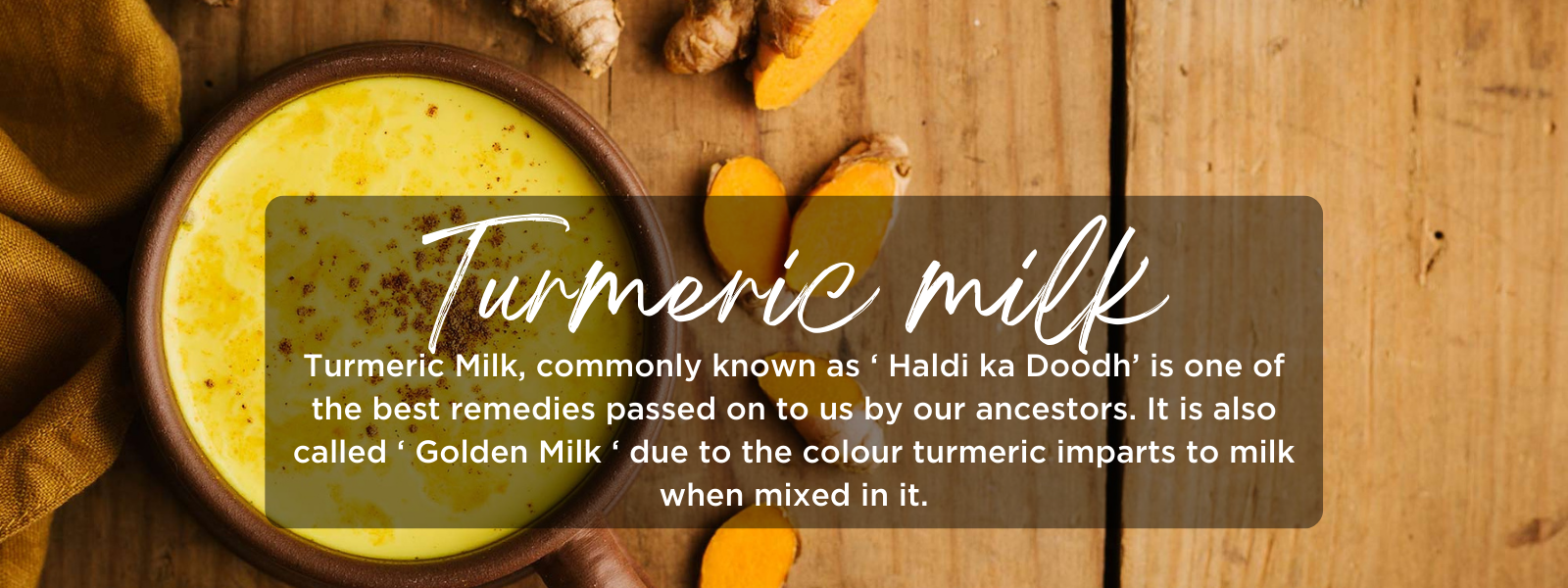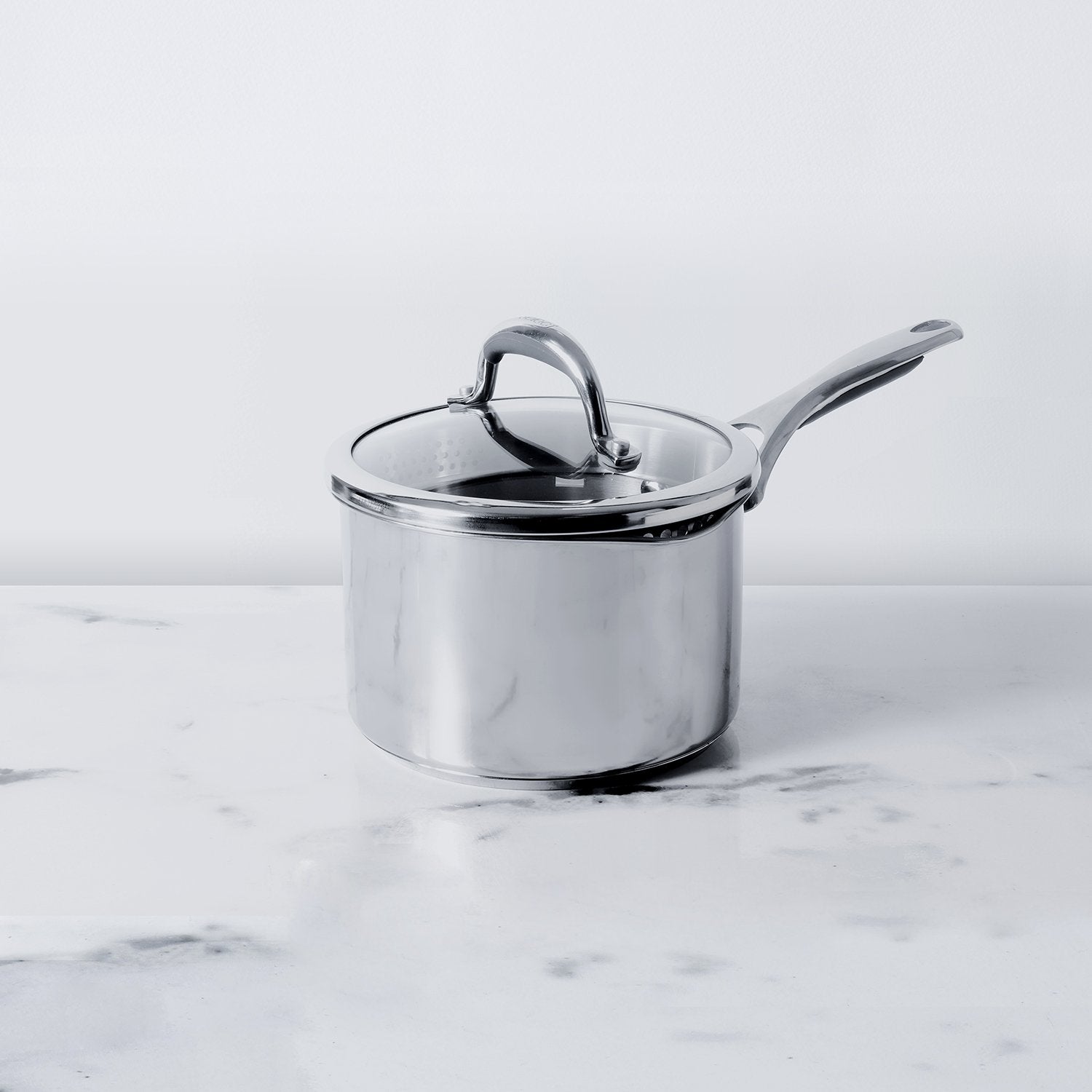One of the priciest spices is unquestionably saffron. One factor contributing to its exorbitant price is its great nutritional value, which has numerous health advantages. Saffron may enhance the appearance, flavour, and scent of your food with just one strand. The most often used way of ingestion is saffron milk, which is made by soaking saffron strands in milk. Have you ever heard of saffron tea? Everyone is familiar with saffron milk. Most likely not, as saffron tea is a herbal beverage with numerous health benefits. In this post, we'll speak briefly about the health advantages of saffron tea.
Table of Contents
Saffron looks like a little thread and has therapeutic qualities comparable to its name. Protein, vitamin A, vitamin C, potassium, iron, fibre, and manganese are all present in it. The antioxidants and its anti-inflammatory characteristics support healthy blood vessels and immunological function. Drinking saffron tea boosts your heart health and immunity while also having a favourable impact on your heart. It aids in lowering cholesterol and blood pressure as well as reducing inflammation. Additionally, it can lessen oxidative stress.
History of saffron:
The history of the treasured spice saffron is extensive. Today, it is a prominent ingredient in many Middle Eastern, Indian, and European cuisines, giving food its dark crimson colour and sweet, earthy flavour.
The history of saffron's therapeutic use is well known, despite the fact that its actual origin is unknown. Greco-Roman doctors recommended saffron-infused water to treat a variety of illnesses like:
What is saffron tea?
The dried stigmas (styles) of the saffron flower, a crocus from the lily family technically known as Crocus sativus L., are used to make saffron tea, a herbal beverage. From seed to blossom, these plants can take up to three years, and each plant produces three to four flowers with three to four stigmas apiece. To make the saffron spice, a substantial quantity of these fragile stigmas must be manually gathered. Saffron continues to be one of the most costly spices in the world as a result. Traditional saffron tea does not contain any caffeine.
Four to five of the saffron threads or strands are used to make saffron tea before they are dried or powdered. These strands include significant amounts of anthocyanin, alpha- and beta-carotene, B vitamins, and several other carotenoids and antioxidants, among other active components and substances.
How to make saffron tea?
First, fill a tea pot with 2 cups of water.
- Now add two or three saffron threads and let the mixture to boil.
- Add three or four mint leaves and some fresh ginger now.
- To give the tea the flavour of the mint and ginger, let it simmer a bit longer.
- It's time for your saffron tea. If you like, you can increase the flavour by adding lemon and honey.
Health benefits of saffron tea:
The most significant advantages of saffron tea include its potential to improve mood, treat PMS, improve skin, eyesight, memory, lower the risk of cancer, and safeguard heart health, among others.
- Antidepressant
Numerous research have revealed that saffron can change the hormonal equilibrium in the brain, which can have observable impacts on mood, anxiety, and depressive symptoms. A cup of this tea in the morning will help you feel better right away.
- Memory Enhancer
Antioxidant properties are among the effects of this tea on the brain. By doing so, you can lessen the buildup of plaque in the brain and your risk of developing neurodegenerative disorders.
- Potential to combat cancer
These spice's anthocyanins and other carotenoids, such crocetins, as well as the tea itself also include harmful byproducts of cellular metabolism called free radicals that can be neutralised. This can lessen chronic inflammation levels, which in turn lowers the risk of developing conditions including cancer, rheumatoid arthritis, and coronary heart disease.
The capacity of beta-carotene to protect vision by halting macular degeneration and delaying the onset of cataracts is widely recognised.
- Lowers blood pressure
This tea can lower blood pressure, as well as triglyceride and cholesterol levels, protecting you from atherosclerosis and heart attacks, according to a number of studies.
- Treats Skin Disorders
This tea's anti-inflammatory and antioxidant characteristics can aid in the healing of skin diseases like psoriasis or eczema.
- PMS Therapy
Saffron tea's hormonal properties can assist ladies who are menstruating and having uncomfortable cramps or mood changes.











Leave a comment